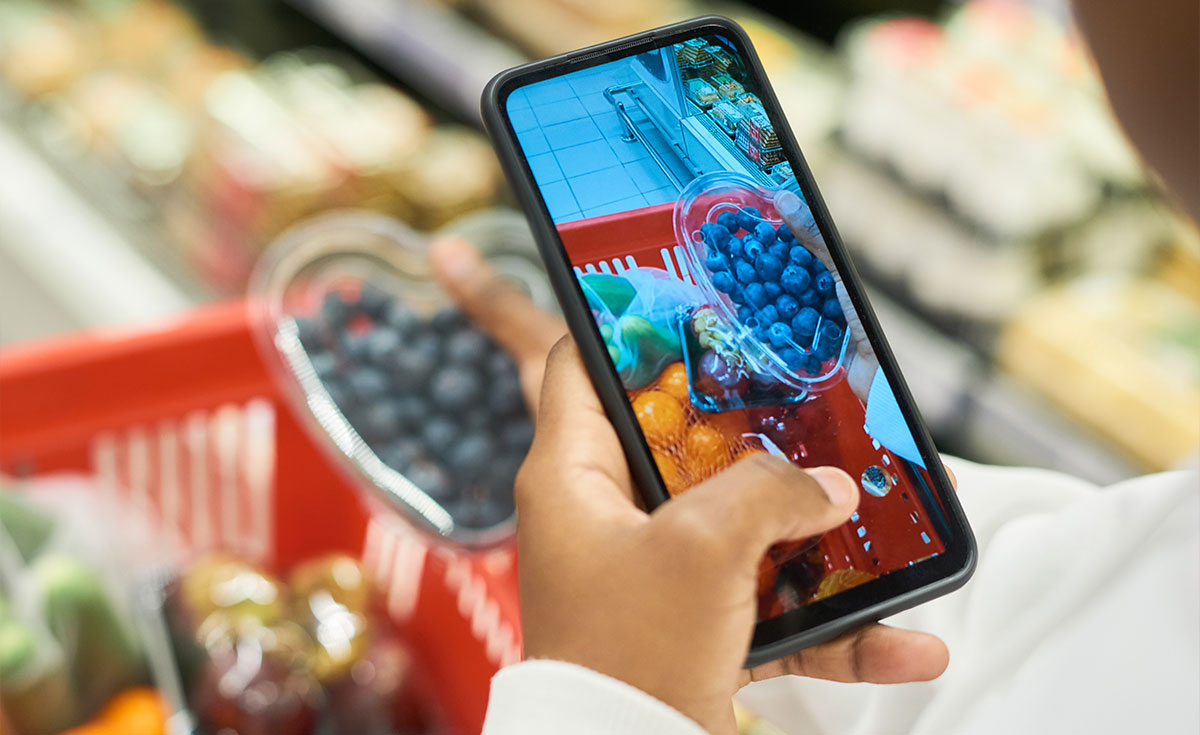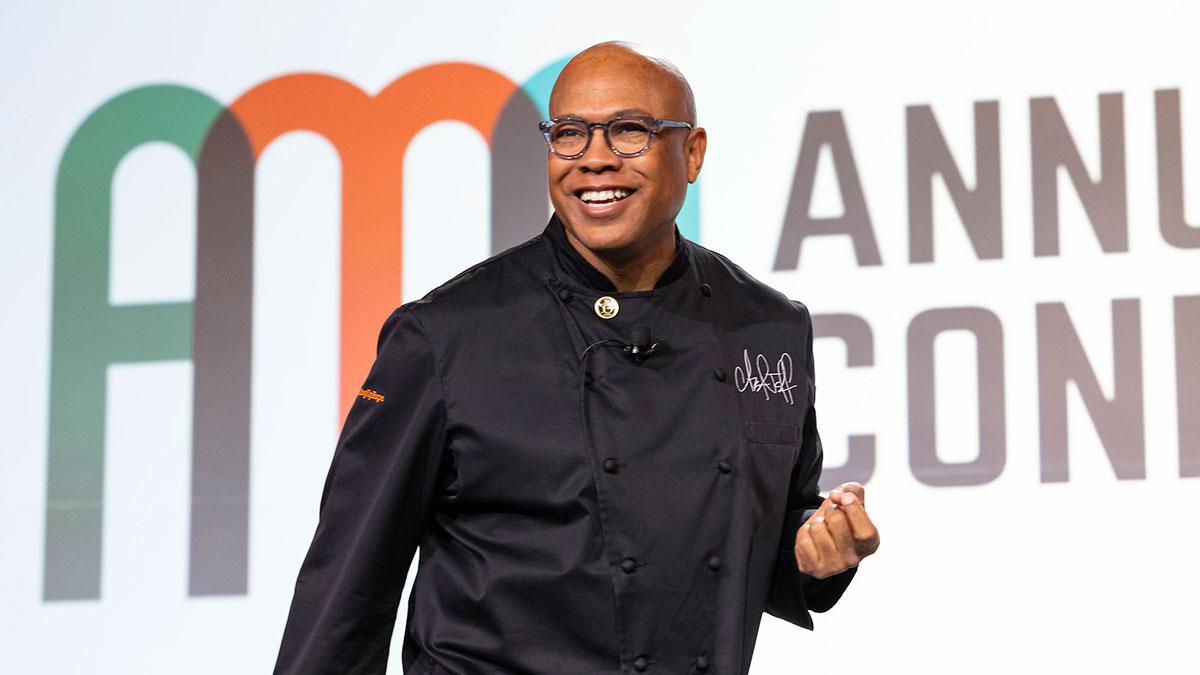By Rick Stein, Vice President, Fresh Foods, FMI

Fresh foods are the accelerator for food retail success — but what is the accelerator for fresh foods?
That question is at the heart of what the industry explored during the recent FMI FreshForward event. Retailers, manufacturers and other senior-level attendees identified crucial takeaways for overcoming pandemic-related challenges. Leaders discussed how the fresh foods industry can accelerate engagement with consumers, and advance to the next levels on supply chain and sustainability.
Ideas came from thought leadership presentations and from FreshForward’s signature breakout discussion groups. During each of the conference’s three days, I summarized the key takeaways along with Barb Renner, vice chairman and U.S. consumer products leader at our partner Deloitte.
In recent blogs, I’ve outlined key FreshForward takeaways on specific topics, and now I want to bring it all together to view the big picture of how the fresh industry can move forward. Here are five of the most important insights I identified to build momentum.
1. Get Differentiation Right
Fresh is the food retail differentiator. We need to get it right. Otherwise, retailers will be challenged to keep building engagement with consumers. This point was made very well by speaker Scott Moses, managing director and head of the food retail and restaurants investment banking at PJ Solomon, during FreshForward’s financial analysts’ panel. “You need to build on experience and trust, and fresh foods is critical to that,” he said. “If you can’t get fresh right, you lose that trust.”
2. Overcome Meal Fatigue
Fresh departments can play a big role in livening up mealtime during the pandemic and beyond. Let’s find new ways to please consumers at home — including with a superior retail foodservice experience. FreshForward speakers pointed to the opportunity for retailers to bring out new crops of meals tuned to premium, restaurant-level experiences.
3. Embrace Both Health and Well-Being
There’s a difference between health and well-being, and fresh can play an important role in both. We know that many consumers embrace fresh foods for nutritional reasons. In addition to health, a growing number of consumers are emphasizing purpose-driven aspects, like corporate social responsibility, such as battling food waste. “That’s why I label it as well-being, because it links to the well-being of the community and how happy it makes consumers feel,” said speaker Ujwal Arkalgud, CEO of MotivBase, who identified fresh foods opportunities by tapping into his organization’s nontraditional research methods.
4. Prioritize Technology and Ecommerce
The fresh industry needs to prioritize technology investments, in areas such as supply chain and ecommerce. One of the speakers who emphasized the importance of technology is Brian Baker, Deloitte’s managing director for the retail and consumer goods practice. He implored the industry to embrace platforms that bring together data, technology and operations. He said company and industry capabilities need to “work in concert like an orchestra” to enhance strategies.
5. Advance Sustainability
Sustainability may have taken a pause during the early stages of the pandemic, but that was temporary. We need to figure out how to effectively address topics such as single-use plastics, recycling, packaging and food waste reduction. This was a key message from Chris Foote, sustainability coordinator, Wegmans Food Markets, who emphasized, “There are many fronts we compete on as an industry. But sustainability is one area in which we can cooperate and work together.”
This is an ideal point for me to finish up with. Succeeding in fresh will require more collaboration — and FreshForward is all about how the industry comes together for success. The outlook for this industry is strong. Now is the time to further build on fresh strategies for consumers, supply chain, sustainability — and other important goals. Let’s advance the fresh community’s efforts throughout the year.


 Industry Topics address your specific area of expertise with resources, reports, events and more.
Industry Topics address your specific area of expertise with resources, reports, events and more.
 Our Research covers consumer behavior and retail operation benchmarks so you can make informed business decisions.
Our Research covers consumer behavior and retail operation benchmarks so you can make informed business decisions.
 Events and Education including online and in-person help you advance your food retail career.
Events and Education including online and in-person help you advance your food retail career.
 Food Safety training, resources and guidance that help you create a company food safety culture.
Food Safety training, resources and guidance that help you create a company food safety culture.
 Government Affairs work — federal and state — on the latest food industry policy, regulatory and legislative issues.
Government Affairs work — federal and state — on the latest food industry policy, regulatory and legislative issues.
 Get Involved. From industry awards to newsletters and committees, these resources help you take advantage of your membership.
Get Involved. From industry awards to newsletters and committees, these resources help you take advantage of your membership.
 Best practices, guidance documents, infographics, signage and more for the food industry on the COVID-19 pandemic.
Best practices, guidance documents, infographics, signage and more for the food industry on the COVID-19 pandemic.
